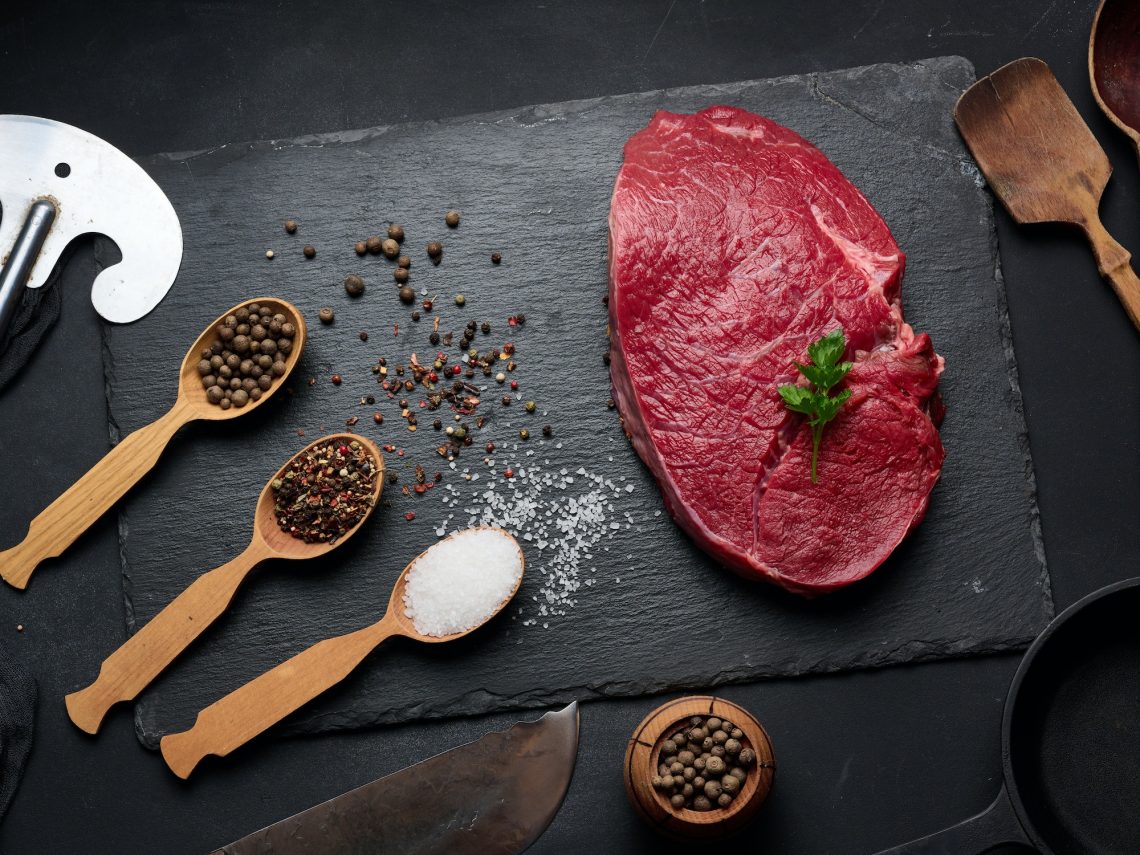
Pumping Iron: Natural Approaches to Treating Iron Deficiency Anemia
Iron deficiency anemia is a pretty common condition that occurs when the body lacks sufficient iron to create adequate amounts of hemoglobin. Hemoglobin is the crucial part of our red blood cells that carries oxygen. This is a very important task. Without enough oxygen going to your cells, you may notice that your body starts to feel like a car that isn’t running on all cylinders.
What does Iron Deficiency “Feel” like?
When you’re running low on iron, you might start feeling more tired than usual, like you are constantly dragging yourself around. Some people also notice their skin becoming paler or feeling more breathless even with minimal activity. Oh, and watch out for those annoying restless legs; they can pop up too. Don’t be surprised if you start craving non-food items like ice or dirt – it’s called pica, and it’s one strange symptom. (If you know what the “good ice” is, you might want to look into this one) So, if you’ve been experiencing any of these things, it might be a good idea to check in with your doctor and get your iron levels checked!
While medical interventions like iron supplements are often prescribed to address this condition, there are also natural ways that can help support the treatment of iron deficiency. In this post, we will explore several natural methods to help combat iron deficiency anemia and improve iron levels in the body.
1. Consume Iron-Rich Foods
A crucial step in naturally treating iron deficiency anemia is incorporating iron-rich foods into your diet. Here is a list of iron-rich foods for anemia to keep on hand:
a) Red Meat: Lean cuts of beef, lamb, and organ meats like liver are excellent sources of heme iron, which is highly absorbable by the body.
b) Poultry and Seafood: Chicken, turkey, and fish such as salmon and sardines also provide good amounts of iron.
c) Legumes and Beans: Lentils, chickpeas, black beans, and kidney beans are rich in non-heme iron, a form of iron that is absorbed more efficiently when combined with vitamin C.
d) Leafy Green Vegetables: Spinach, kale, Swiss chard, and collard greens are packed with iron and other essential nutrients.
e) Nuts and Seeds: Incorporate almonds, cashews, pumpkin seeds, and sesame seeds into your diet to increase iron intake.
*If you are looking for sustainable seafood, 100% grass-fed beef, and other quality meats plus an array of other organic non-GMO foods, then you have to check out the Thrive Market link below.
They have 30% off organic groceries and a $60 FREE gift for readers of Empowered Well Being. Click the image below for more information.
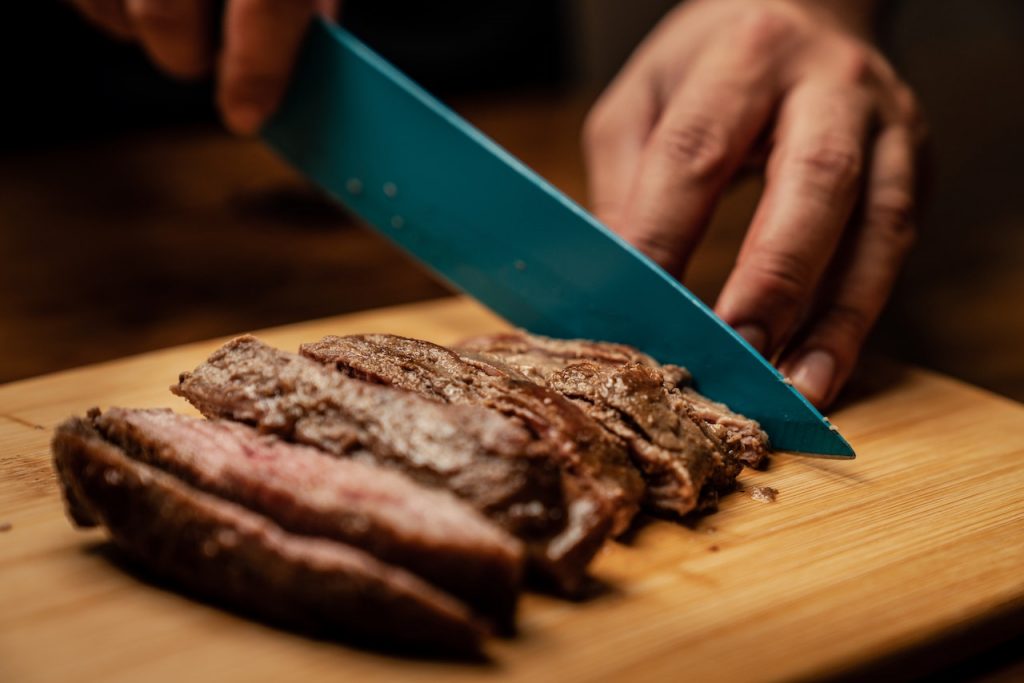
2. Enhance Your Absorption of Iron
To get the most iron absorption from plant-based sources, consider the following tips:
a) Pair Iron-Rich Foods with Vitamin C: Consuming foods rich in vitamin C alongside iron-rich foods or iron supplements can enhance iron absorption. Include citrus fruits, bell peppers, strawberries, and broccoli in your meals.
b) Avoid Iron Blockers: Certain substances can inhibit iron absorption. Limit your intake of coffee, tea, and calcium-rich foods during or immediately after meals.
c) Soak and Sprout Legumes and Grains: Soaking legumes and grains before cooking can help reduce their phytate content, which can interfere with iron absorption. Sprouting these foods can also enhance nutrient availability.
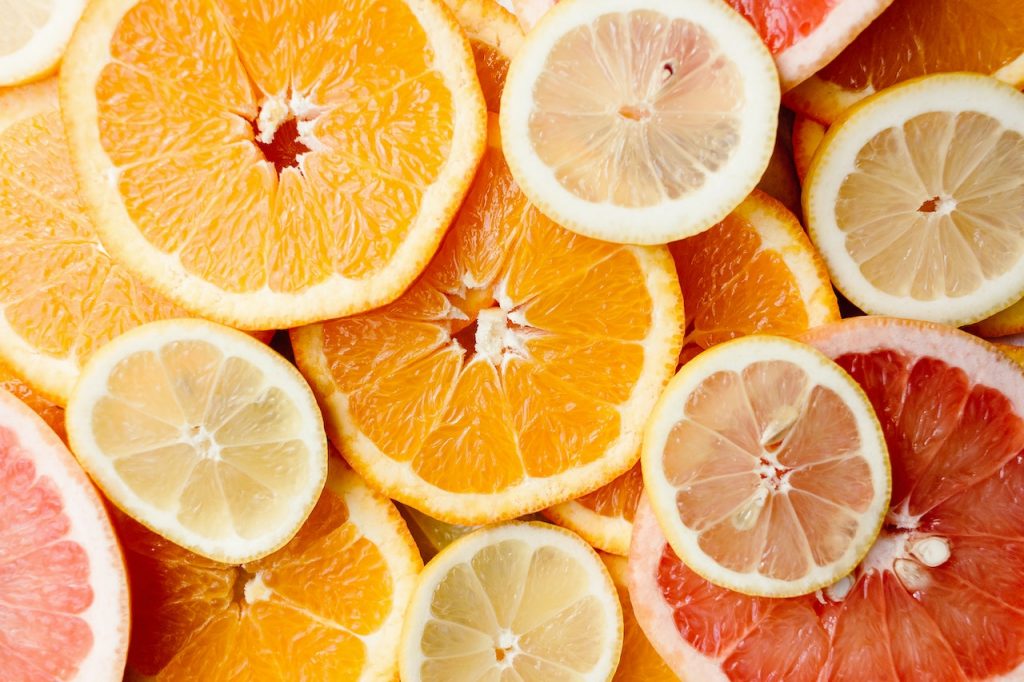
3. Cook with Cast Iron
Cooking with cast iron cookware can naturally boost iron levels. This may sounds odd but it’s true. Studies have shown, Small amounts of iron leach into the food during the cooking process, increasing its iron content. However, this method is most effective for acidic foods like tomato-based dishes. Who doesn’t love a good tomato sauce?
Click on the images below for more information on cast iron options
4. Vitamin C Supplements
It’s not just for Scurvy!…Vitamin C is a true powerhouse for our bodies. If you struggle to get enough vitamin C through diet alone, consider taking a vitamin C supplement. This can help enhance iron absorption and improve iron levels in the body. Not to mention it’s a great boost to your immune system. Win-Win.
Remember, if you are on other medications it may be wise to Consult with your healthcare provider for the appropriate dosage to avoid any potential interactions.
Click on the images below for more information on these Vitamin C supplements
5. Herbal Supplements
Certain herbal remedies may help support the treatment of iron deficiency anemia. However, it is essential to consult with a healthcare professional before using any herbal supplements, as they may have interactions or side effects.
Some herbal options that have been traditionally used include:
a) Nettle: Nettle tea or supplements are believed to be rich in iron and can support iron absorption. It is also a good source of other essential nutrients.

b) Yellow Dock: Yellow dock root is commonly used as an herbal remedy for anemia. It is thought to aid in increasing iron absorption and improving overall iron levels.

While iron supplements are often prescribed to address iron deficiency anemia, natural approaches can help complement traditional treatments. By incorporating iron-rich foods into your diet, optimizing iron absorption, cooking with cast iron, and considering herbal remedies, you can naturally support your body in its quest to overcome iron deficiency anemia. However, it is crucial to consult with a healthcare professional before making any significant dietary or supplement changes to ensure they align with your individual health needs.
Stay Healthy!
Disclaimer: This information is for educational purposes only and not to be substituted for medical advice. If you have concerns in this area it is very important to go and get checked out by you PCP or get screened.
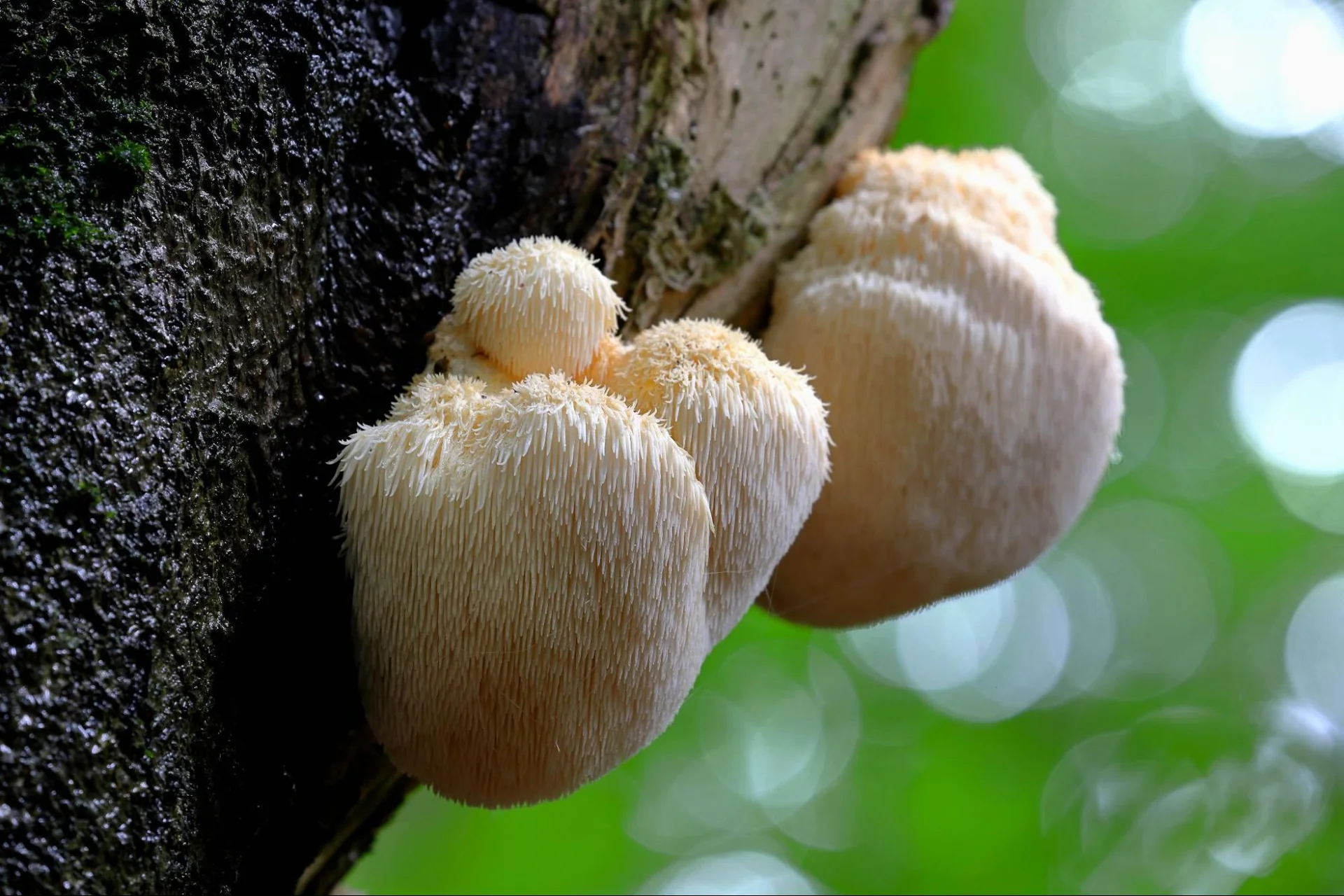

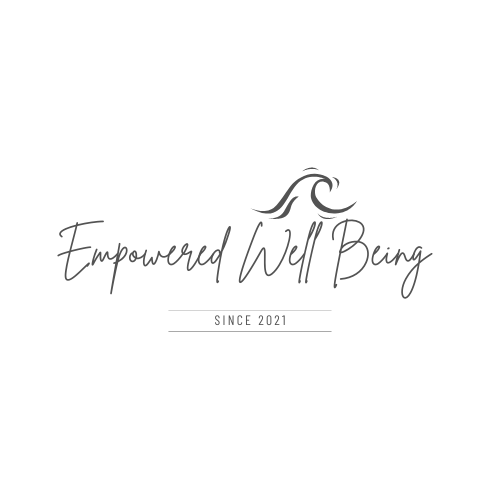
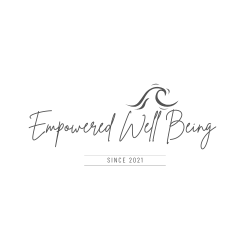






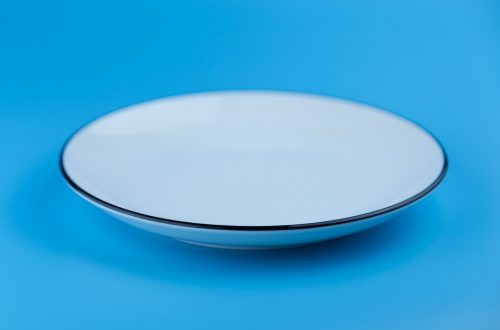
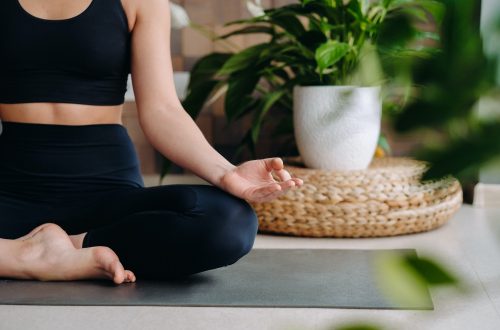
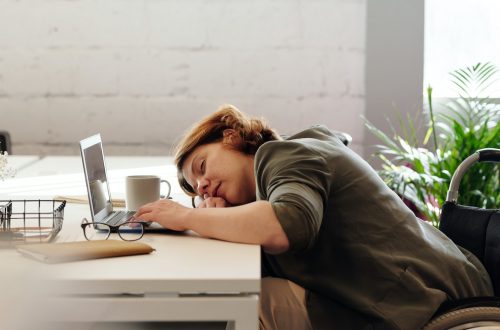
One Comment
Jimmynag
Good luck 🙂